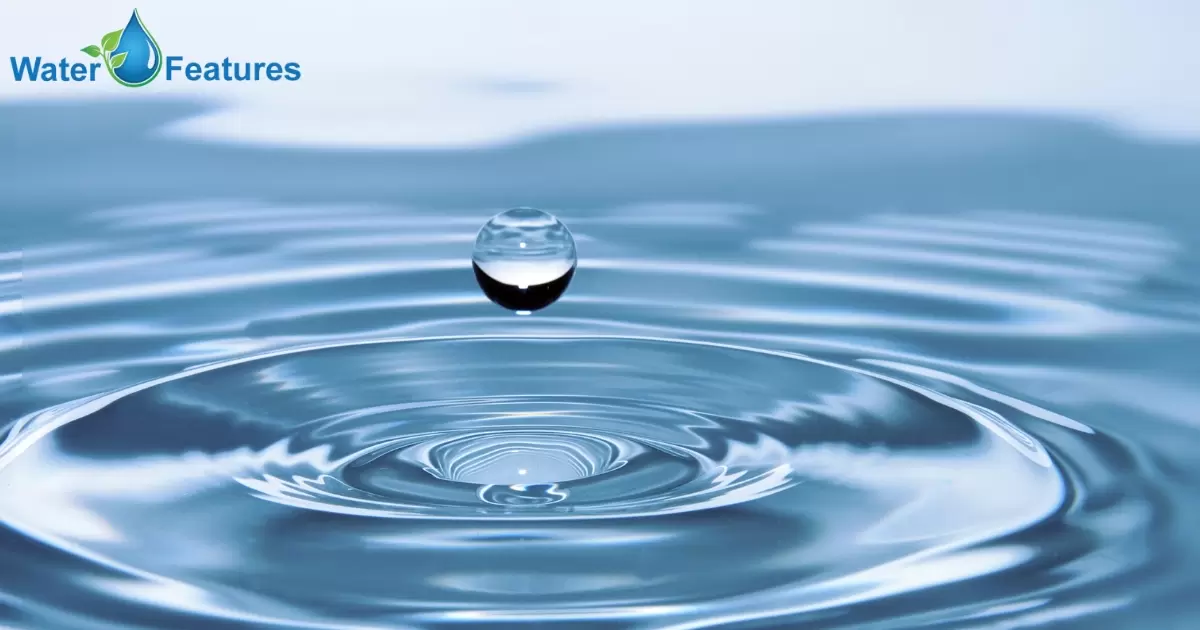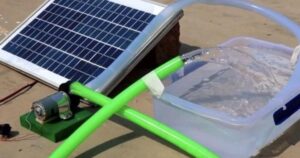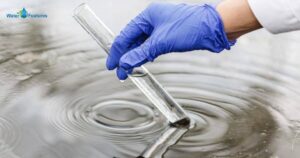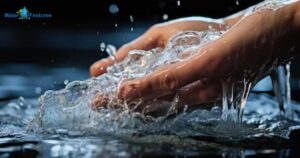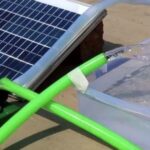Dallas, a vibrant city known for its rich culture, thriving economy, and passionate sports fans, has much to offer. Can you trust the tap water to quench your thirst in this Texan metropolis? Let’s explore the answer to that very question, ensuring you have all the information needed to stay hydrated and healthy during your time in Dallas.
When considering the quality of tap water in Dallas, Texas, it’s essential to understand the factors that determine whether it’s safe and enjoyable to drink. The safety and taste of tap water can vary from one location to another, prompting many residents and visitors to question, Can you drink tap water in Dallas, Texas?
In the heart of Texas, where everything is bigger and bolder, the question of whether you can drink tap water in Dallas might not be as straightforward as it seems. It’s a city known for its unique character, diverse culture, and vibrant lifestyle. But beneath the vibrant surface, lies the crucial question of tap water quality.
Can I drink tap water in Dallas, Texas?
When you visit or live in Dallas, Texas, one of the essential questions you might have is whether it’s safe to drink tap water. Water quality can vary from one place to another, and concerns about contaminants, taste, and odor are common. In this article, we’ll explore the quality of tap water in Dallas, where it comes from, and what options you have if you prefer an alternative to tap water.
Where does Dallas tap water come from?
Dallas, like many major cities, relies on an intricate system to provide clean and safe drinking water to its residents and visitors. The primary source of tap water in Dallas is the Trinity River. The city obtains its water supply from a series of surface water reservoirs, which are filled by the Trinity River and other local waterways.
Dallas Water Utilities (DWU), the agency responsible for providing water to the city, uses a network of reservoirs and treatment plants to ensure the water is of high quality and meets safety standards.
Dallas Water Sources Table
| Water Source | Description |
| Trinity River | Primary source for Dallas tap water. |
| Lavon Lake | Provides an additional water source. |
| Jim Chapman Lake | Contributes to the water supply for Dallas. |
| Ray Hubbard Lake | Supplies water for the Dallas area. |
| Other Reservoirs | Various smaller reservoirs also contribute to the supply. |
What if I don’t like the taste of Dallas tap water?
Sometimes the taste or odor of tap water in Dallas may not be to everyone’s liking. It’s important to note that the flavor of tap water can be affected by various factors, including the source of the water and the treatment processes it undergoes. If you find the taste of Dallas tap water less appealing, there are some options to consider
- Refrigeration Chilling the water in your refrigerator can often improve its taste.
- Filter Pitchers Using a water filter pitcher can help remove impurities and enhance the taste.
- Water Enhancers You can use water enhancers or additives to mask the taste. Bottled Water Opt for bottled water if you prefer a different taste.
What is the best water filter for Dallas?
If you choose to use a water filter in Dallas, it’s essential to select one that effectively addresses the local water quality challenges. Some popular water filtration options include
- Activated Carbon Filters These are effective at removing common contaminants and improving taste.
- Reverse Osmosis Systems Ideal for removing a wide range of contaminants, including minerals and heavy metals.
- Faucet-Mounted Filters are Convenient and relatively easy to install.
- Whole-House Filtration Provides filtered water throughout your entire home.
The best water filter for you will depend on your specific needs and water quality concerns. It’s a good idea to check the manufacturer’s specifications and certifications to ensure the filter meets your requirements.
What about bottled water in Dallas?
If you’re not satisfied with the taste or quality of tap water in Dallas, you may opt for bottled water. Bottled water is readily available in grocery stores, convenience stores, and various retail outlets. Brands such as Nestlé Pure Life, Dasani, Aquafina, and Fiji Water are commonly found in the Dallas area.
It’s important to keep in mind that bottled water can be more expensive than tap water and contributes to plastic waste. If you choose to use bottled water, consider recycling the containers to reduce environmental impact.
Can I drink Dallas tap water in bars, restaurants, and public places?
Dallas tap water is generally safe to drink in bars, restaurants, and public places. These establishments are required to adhere to water quality standards and regulations set by local authorities to ensure the safety of the water they serve to customers.
In most cases, you can confidently order tap water when dining out, and it will meet the same standards as the tap water you have at home
Is Texas Tap Water Safe to Drink?
Texas, like other states in the United States, has stringent regulations in place to ensure the safety of tap water. The Texas Commission on Environmental Quality (TCEQ) monitors and regulates the quality of water supplied to residents. The agency ensures that the water meets the standards set by the U.S. Environmental Protection Agency (EPA).
Tap water in Texas, including Dallas, is generally safe to drink. It’s important to stay informed about any local advisories or issues related to water quality. The TCEQ and local water authorities provide regular updates to the public regarding water quality and safety.
Texas Water Quality, What’s in Texas’ Tap Water?
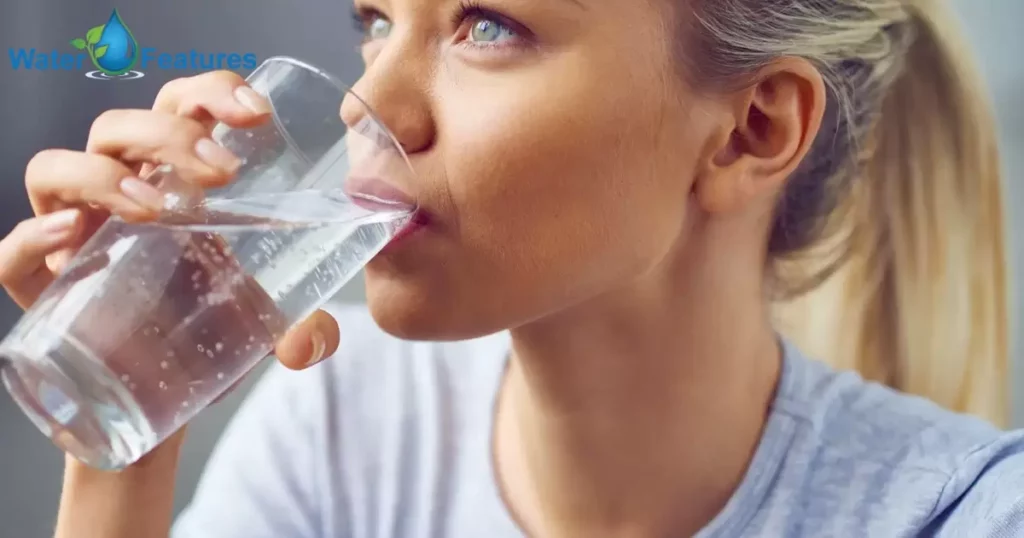
To better understand the quality of tap water in Texas, it’s important to know what might be present in the water. While the specific composition can vary by location, some common elements and contaminants found in Texas tap water include
- Chlorine is added to disinfect water and kill harmful microorganisms.
- Fluoride Added to promote dental health.
- Sulfates Can contribute to the hardness of water.
- Calcium and Magnesium Also contribute to water hardness.
- Trace Minerals Such as iron and manganese, which can affect taste and color.
Water quality in Texas meets federal and state standards, which means that these substances are generally present at safe levels. However, variations can occur, and it’s advisable to check with local authorities or water utility providers for specific water quality reports for your area.
How Is Dallas Water Treated?
Dallas tap water undergoes a series of treatment processes to ensure its safety and quality. These treatment steps are designed to remove impurities, pathogens, and other contaminants from the water supply. Key treatment processes typically include
- Coagulation and Flocculation Chemicals are added to water to help particles clump together for easier removal.
- Sedimentation Water is left undisturbed, allowing larger particles to settle at the bottom.
- Filtration Water passes through filters to remove remaining particles.
- Disinfection Chlorine or other disinfectants are added to kill bacteria and viruses.
- Fluoridation Fluoride is added to promote dental health.
These treatment methods are essential for ensuring that Dallas tap water is safe and meets regulatory standards.
Is Dallas Tap Water Clean?
Dallas tap water is generally clean and safe to drink. The city’s water utility, Dallas Water Utilities (DWU), works diligently to provide high-quality water to residents and visitors. DWU regularly tests the water supply to ensure it meets federal and state standards for safety and quality.
The perception of water cleanliness can vary from person to person. If you have specific concerns about the cleanliness of your tap water, you can use water filters or other treatment methods to further improve its quality.
Is the Water Hard or Soft?
Water hardness is a common concern for many people. The hardness of water is primarily determined by the levels of calcium and magnesium it contains. In the Dallas area, the water is typically considered hard. This means it has relatively high levels of calcium and magnesium ions.
Hard water can lead to issues like mineral deposits on plumbing fixtures, soap scum in showers, and a slightly different taste. If you find that hard water is affecting your daily life, you may consider installing a water softener to reduce hardness levels.
FAQs
Is it safe to drink Dallas tap water?
Yes, Dallas tap water is generally safe to drink, as it meets federal and state standards for water quality and safety.
What if I don’t like the taste of Dallas tap water?
If you find the taste of Dallas tap water unappealing, you can improve it by refrigerating the water, using a water filter, or opting for bottled water.
Can I drink tap water in bars and restaurants in Dallas?
Yes, tap water in bars, restaurants, and public places in Dallas is generally safe to drink, as these establishments must adhere to water quality regulations.
How can I access the Dallas Water Quality Report?
You can access the Dallas Water Quality Report, also known as the Consumer Confidence Report (CCR), from the Dallas Water Utilities website.
Conclusion
The quality of tap water in Dallas, Texas, is generally safe for consumption, meeting federal and state standards for water quality and safety. While some individuals may have taste preferences that lead them to opt for alternative water sources, it’s crucial to recognize that Dallas tap water undergoes rigorous treatment processes to ensure it’s clean and free from contaminants.
As you explore the vibrant and diverse city of Dallas, rest assured that its tap water is a reliable and convenient choice for staying hydrated. Whether you enjoy it straight from the tap or use filters to enhance its taste, Dallas tap water is an essential part of the Texan experience, ensuring you can enjoy all the city has to offer with confidence.
